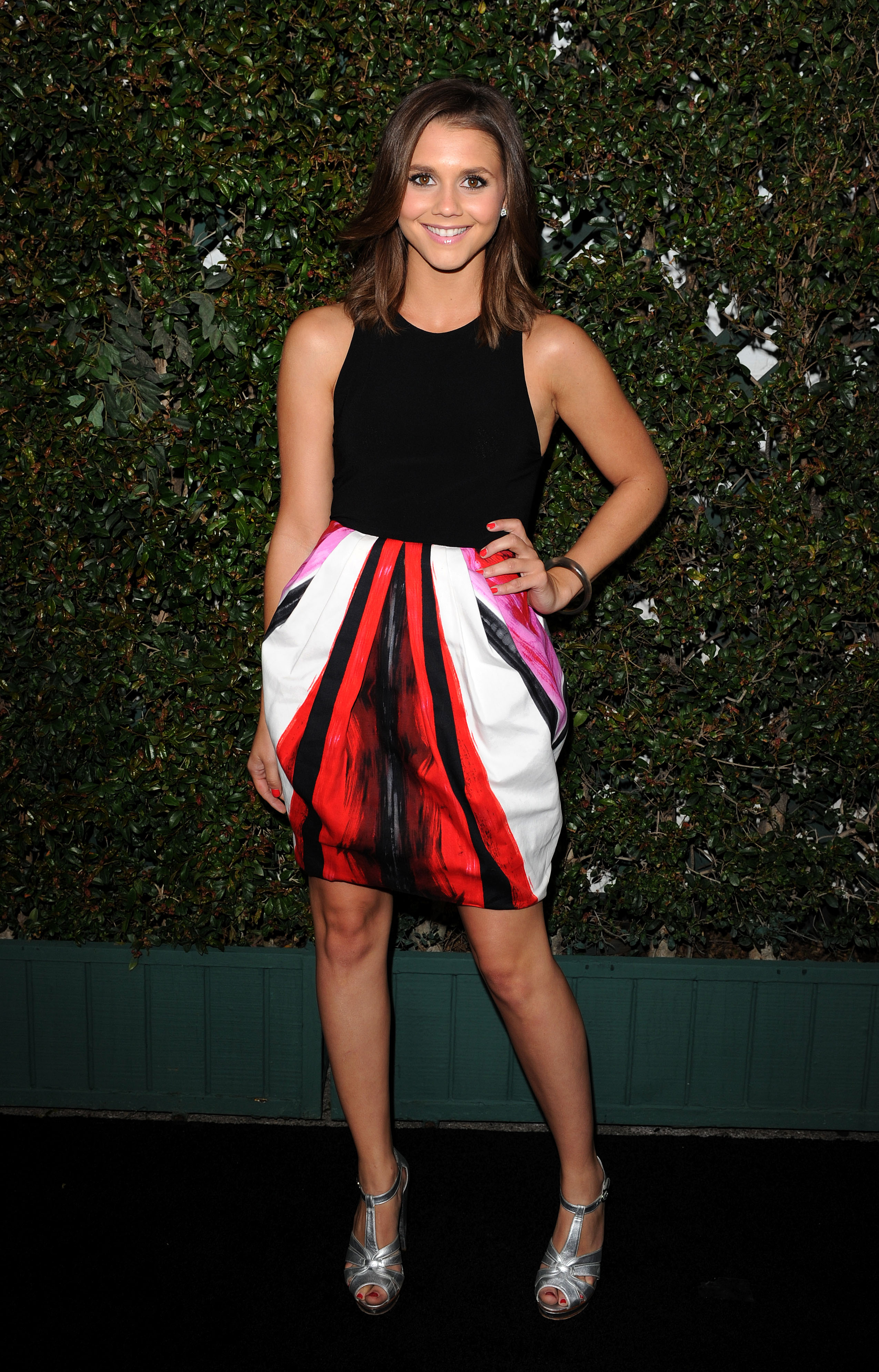
Of course the masculinity of prestige TV was in no way homogeneous. The age of “prestige” or “quality” television was born, and it was oriented almost completely around men.

Analyses of The Sopranos, The Wire, and Breaking Bad were published in flagship film studies journals, and popular nonfiction books like Difficult Men and The Revolution Was Televised identified the male antihero as the dominant TV protagonist of the new millennium. Once serialized narrative broke free from the female characters, domestic concerns, and daytime television slots that had relegated it to the scholarly sidelines, it gained respectability in both the male-dominated film industry and the status-conscious academy. As Elana Levine and Michael Newman point out in Legitimating Television, separating “respectable” serialized drama from its roots in soap opera depends upon explicit acts of defeminizing-emphasizing endings, soft-pedaling the narrative’s serial elements, and butching up “soapy” content with violence, profanity, and toxic masculinity.

Yet its bloody action sequences and law-breaking protagonist protect it from associations with soap opera’s femininity. The Sopranos is openly sentimental, unapologetically serial, and invested above all else in family ties.

When HBO premiered The Sopranos in 1999, the masculinization of soap opera appeared complete. The primetime serials of the ’90s and early aughts followed the Hill Street Blues playbook shows like NYPD Blue (ABC, 1993–2005), ER (NBC, 1994–2009), and The Practice (ABC, 1997–2004) were set in police stations, hospitals, and law offices, and combined their season-long arcs with serious artistic ambitions. Not surprisingly, Hill Street Blues won scores of Emmy awards, while Dallas and Dynasty remained popular with audiences but were largely shut out of the awards circuit. Elsewhere (NBC, 1982–1988) introduced elements from serialized programming-ongoing character development, season-long plot arcs-but resisted the “soapier,” more feminized elements of daytime TV.

At the same time, workplace dramas like Hill Street Blues (NBC, 1981–1987) and St. Domestic dramas such as Dallas (CBS, 1978–1991), Falcon Crest (CBS, 1981–1990), and Dynasty (ABC, 1981–1989) embraced their roots in soap opera and actively courted a female audience. The story goes something like this: in the late 1970s and 1980s, serialized narrative migrated from daytime soap operas (popular from the 1950s onward) to prime time. Why the rise of the female antihero now? To answer this question, it’s helpful to think about the changes in television programming over the last few decades, changes that have largely resulted in television legitimating itself through masculine storylines and charismatic male leads.


 0 kommentar(er)
0 kommentar(er)
